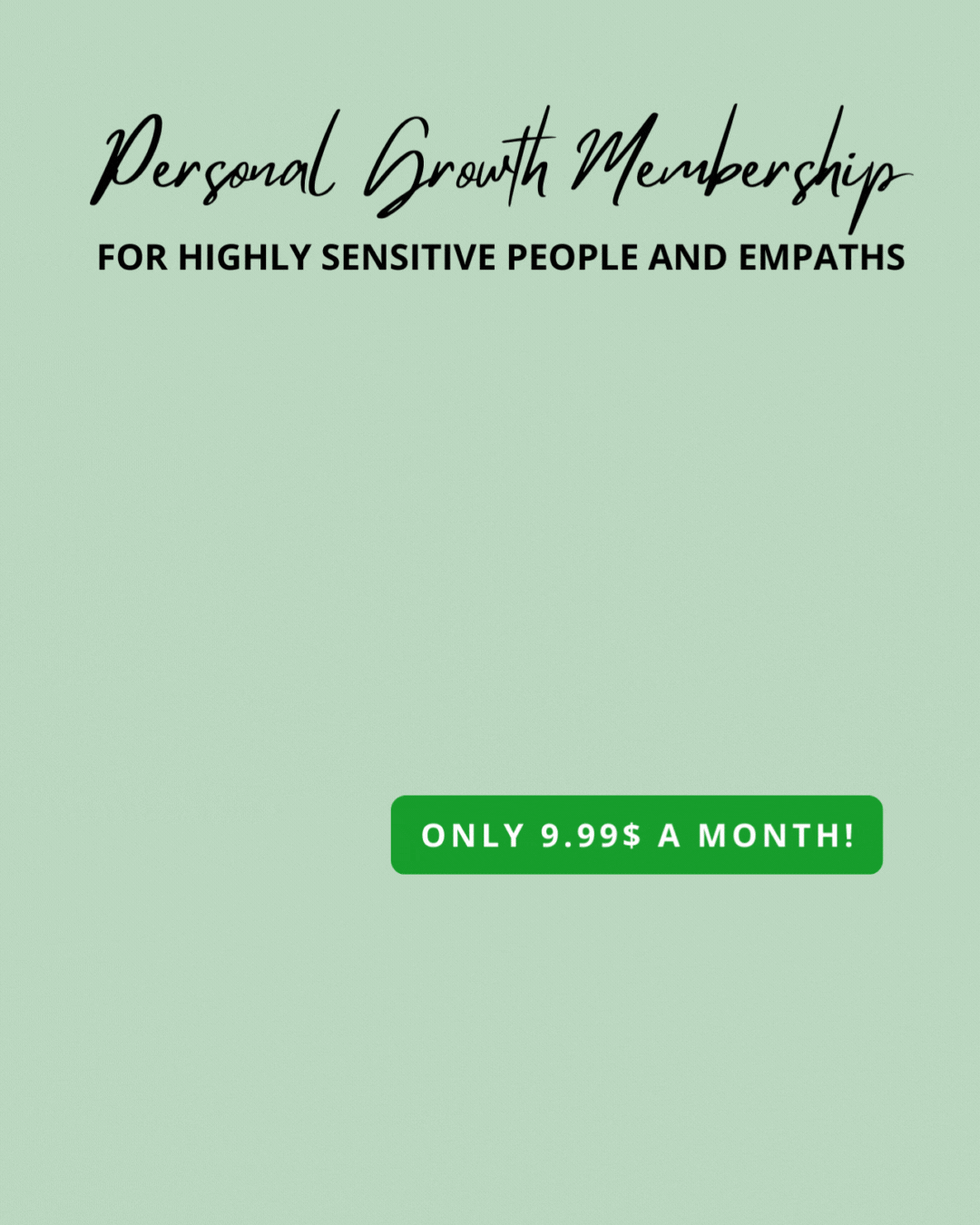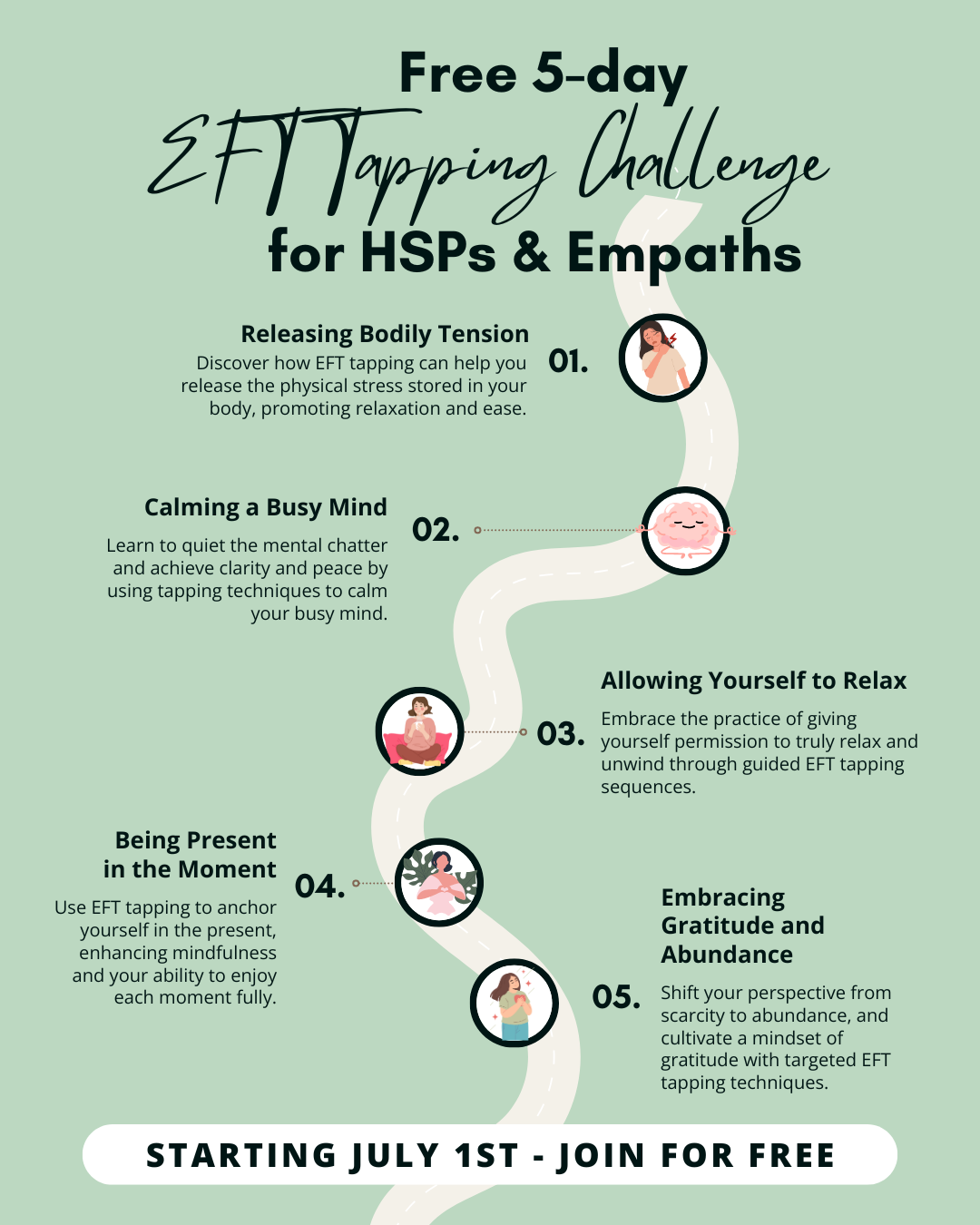Are you highly sensitive toward sounds and are you looking for ways to deal with sound sensitivity? Discover 5 effective ways to deal with this challenge in this article.
Hey there, lovely readers! We want to be completely transparent with you. Some of the links in this blog are affiliate links, which means if you click on them and make a purchase, we may earn a small commission at no additional cost to you. 😊
We only recommend products and services we genuinely believe in and have personally used or researched. Your support through these links helps us keep bringing you valuable content, so thank you for being amazing!
Estimated reading time: 7 minutes
Loud noise is never pleasant and most people tend to avoid spending too much time in an uncomfortably loud environment. However, there is a group of people that experiences common everyday sounds as too loud. People with Autism, tinnitus, William’s syndrome, and other neurological diseases, but also highly sensitive people tend to struggle with sensitivity to sound.
Especially highly sensitive people living in the city find it hard to escape the constant discomfort loud noises bring along. After all, society is not designed for silence and serenity. Loud cars, construction sites, big crowds, factories… they all tend to create noise that unconsciously exhausts the highly sensitive nervous system of an HSP.
If you find yourself struggling with noises, continue reading, because in this article I’ll share 5 effective ways to cope with sound sensitivity. You’ll learn more about the science behind sound sensitivity. Also, you’ll discover how to deal with your noise sensitivity in the future, so it does not affect your quality of life as much as it does now.
Here’s What You’ll Learn:
The Science Behind Sensitivity Toward Sound
Studies show that noise-sensitive individuals are more likely to feel negative feelings and emotions from unwanted sounds. About 20-40% of the population experience noise sensitivity to a certain extent. Only 12-15% of the population are highly sensitive to noise.
You may wonder why certain individuals struggle more with noise sensitivity. Listed below, you can find some of the potential reasons for increased sensitivity toward sound:
Within these individuals, noise oftentimes causes annoyance and sometimes even fear or pain. Due to this, they may avoid certain situations out of fear of the noise. Consequently, loud noise impacts their quality of life in a negative way.
This emphasizes the importance to find ways to cope with sound sensitivity. Doing so, can positively influence your daily life.
The Highly Sensitive Person and Noise Sensitivity
As a highly sensitive person, you may wonder why you are more sensitive toward sounds. Studies show that highly sensitive people show increased activity in their amygdala.
This is an important part of the brain responsible for the fight-flight-freeze reaction in dangerous situations. Consequently, the highly sensitive person is more alert for potential danger. Sensory processing plays an important part in this process.
The highly sensitive person receives sensory input through sound, light, smell, touch, or taste. Then, the amygdala processes the input and causes a reaction in your body. If your amygdala continuously is exposed to noise, this may cause your nervous system to feel overstimulated. As a result, you may feel more anxious, stressed, or exhausted.
Finding ways to cope with sound sensitivity can help the highly sensitive person to feel more relaxed and at peace. Let’s have a look at some of the best ways to do so.
How To Cope With Sound Sensitivity
Before trying the various ways to cope with sound sensitivity, please make sure to consult a doctor. After all, you want to confirm that there are no underlying health issues causing your sound sensitivity.
Once you’ve clarified that, you may want to try these 5 methods to cope with sound sensitivity:
#1 Cognitive-Behavioral Therapy
A study shows that cognitive-behavioral therapy is an effective treatment for people struggling with misophonia. Misophonia is a disorder where the individual suffers from a strong dislike or hatred of specific sounds.
By using exposure techniques and teaching relaxation strategies such as mindfulness, the participants of that study experienced a significant decrease in their challenges with specific sounds.
Instead of keeping the participants away from the noise annoyances, they were exposed to loud noises and taught coping mechanisms to change their mindset around those sounds. An incredibly powerful way to train your brain to cope with sound sensitivity.
#2 White Noise
Another way you may want to cope with sound sensitivity, is to purchase a white noise machine. This is particularly helpful at home. As a highly sensitive person, you may often feel annoyed by your neighbors playing music or mowing their lawn.
Purchasing a white noise machine may help you cope with sound annoyances. Moreover, the white noise helps you relax, which is perfect for highly sensitive people who feel overstimulated.
If you’re looking for an effective white noise machine, have a look at the Housbay White Noise Machine with 31 Soothing Sounds. It can help you to cope with sound sensitivity and find more relaxation once and for all.

#3 Purchase Noise Cancellation Gear
If you’re looking for ways to cancel noise whilst on the go, make sure to invest in some proper noise cancellation gear. You may want to cancel out all noise by getting a noise cancellation headset. For instance, this noise cancellation headset from Sony is a big favorite on Amazon.
If you are like me and still prefer to be aware of everything going on around you, check out the Calmer earbuds. These earbuds create less distortion for a cleaner, more defined, and pleasant listening experience. It feels like they muffle sound that is not necessary for your listening experience. Perfect if you’re going to the mall, a concert or simply walking near a busy street.
When I wore my Calmer earbuds for the first time, I noticed a significant change while walking my dog. I could hear the birds chirping again and the loud noise from the highway was significantly less bothering. Highly recommended!
#4 Minimize Stress
Fourth on the list of tools to cope with sound sensitivity is minimizing stress. As mentioned previously in this article, highly sensitive people experience heightened activity in their amygdala. Consequently, calming your nervous system helps you to become more resilient toward sounds.
Have you ever noticed yourself feeling more stressed out by sound when you feel overstimulated? That is your nervous system telling you to slow down and retreat.
Therefore, make sure to schedule enough downtime in your daily life, so you can give your body some well-deserved rest. Ultimately, this will have a positive impact on your sensitivity toward noises.
#5 Avoid Overprotection Against Sound
One of the biggest mistakes you can make in your search for tools to cope with sound sensitivity is to overprotect yourself from sounds. Many highly sensitive people tend to avoid loud situations. As a result, this may cause them to feel more anxious when they are exposed to situations they try so hard to avoid.
While it is good to protect yourself from too much overstimulation, try to not desensitize your ears toward loud noise. In the long run, you may find yourself becoming more overwhelmed when going into these loud situations.
Rather than fully withdrawing from all loud noises, try to experiment with some coping tools as mentioned above instead. Invest in some good earplugs like the Calmer earplugs and see how it positively impacts your listening experience.
Some Final Remarks
In the end, it is easy to feel frustrated by your sound sensitivity. However, what I found incredibly helpful in my journey towards a more happy life, was to embrace my delicate hearing.
Oftentimes, I hear sounds that others so easily seem to miss out on. It is a great honor to notice the small details, like birds chirping or the sound of water in the woods. Embrace this gift, try the above-mentioned methods and see how your view on your sound experience changes.
Which sounds do you find the most challenging? And do you have any additional tips for our readers on how to cope with sound sensitivity?










Thank you for these great tips! Maybe I’ll try the Calmer earbuds 🙂
Thank You. As a respond to what sounds are exhausting, for me its the neighbours heat pump outside unit. I understand they didnt know what it meant for us that they bought a small unit with On/off operation of the fan, no Inverter with lower speed and which is much more silent. This cheap model forces lots of air with a lot of force and maximum speed, it goes on and off, it never stops from autumn to spring. I have had a hard time to tell them since they as an old couple will be stressed but this sound lowers my quality of living i cant hide in my home. One week ago I told them and talked about the possibility of a sound barrier. By law they may not have such a loud thing but I think of their best i said we could talk. Now one week have gone by and nothing new the sound is harder to bare now when im having a cold.